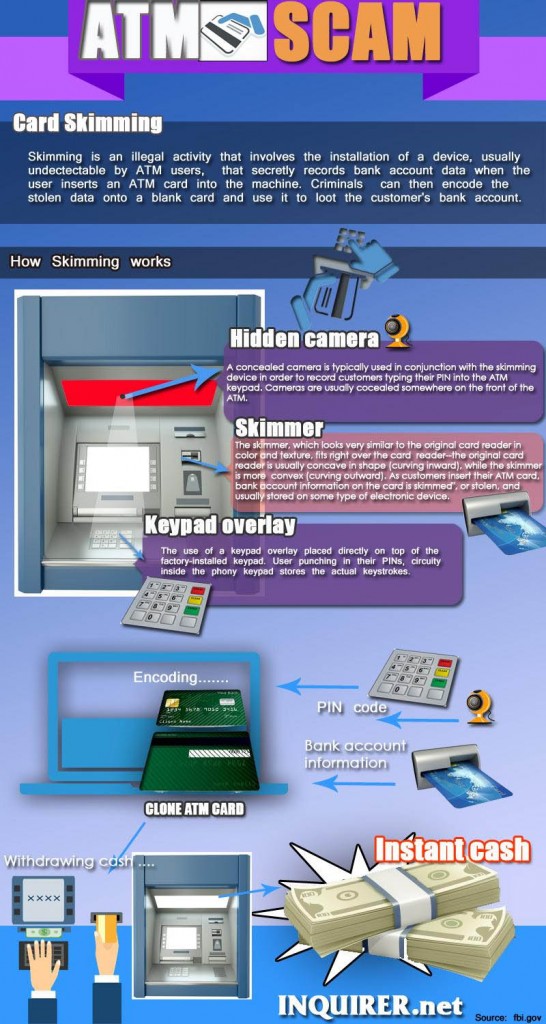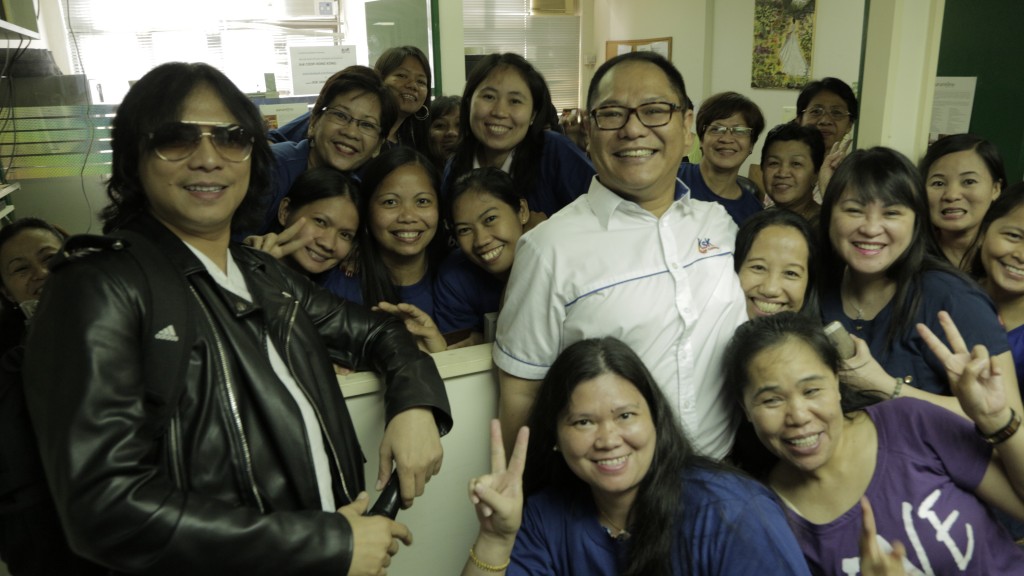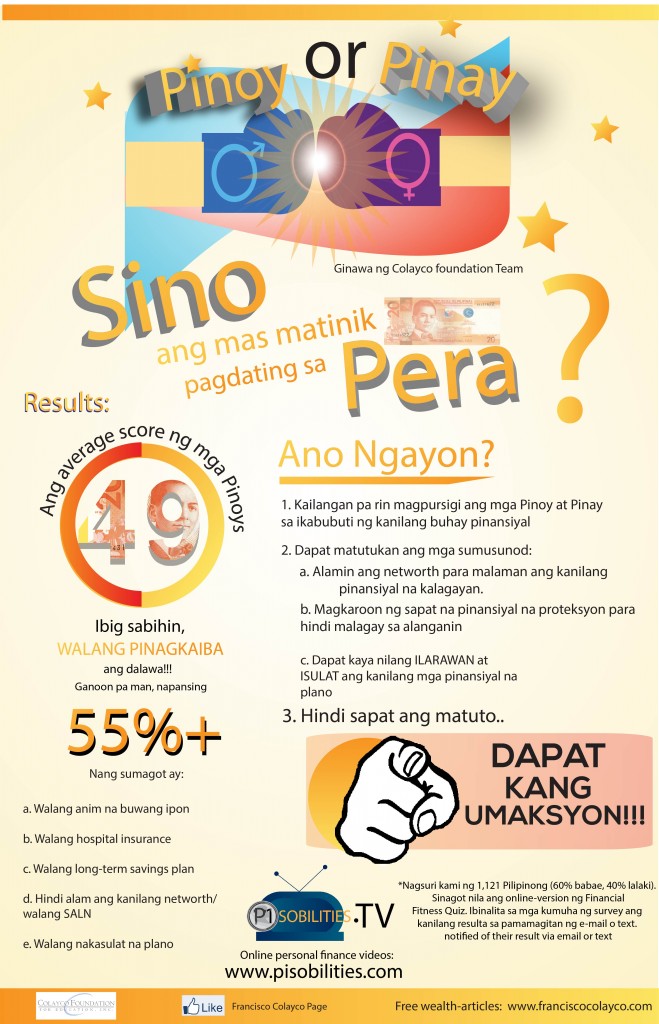by: Francisco J. Colayco
first published in Good News Pilipinas on October 23, 2009
Some asked me about a kind of insurance policy, which offers the insured the option to define whether he wants more protection or investment in one single instrument. His kind of policy is sometimes called VUL or Variable Universal Life. VUL generally offers higher returns compared to the ordinary life insurance policy.
You should remember that like mutual funds, there is no guarantee of a specific rate of return. Some VUL policies guarantee return of principal if maintained over a specific period of time. In such a case, you will at least get your investment back even if it does not earn.
VUL policy can be a good alternative particularly if you need to have life insurance protection. The main advantage is that you have both the mutual fund and an insurance coverage. The mutual fund that is incorporated in the VUL is a mutual fund that is established and managed by the insurance company itself. In general, there are agents for insurance policies and therefore, their commissions are deducted from the premium that you pay. This means that the amount to actually go into the investment for the mutual fund portion could be reduced by that commission.
You should a sk your insurance provider about the effect of the commission and what specific type of mutual fund your premium payments would be invested in. Usually, there are fixed income, equity and balanced mutual funds. Be also sure that you fully understand the terms of the VUL, particularly the provisions on lapsation if any. Lapsation means that if you forget to pay your premium, will the insurance company consider your policy as cancelled or will it give you time to pay etc.
sk your insurance provider about the effect of the commission and what specific type of mutual fund your premium payments would be invested in. Usually, there are fixed income, equity and balanced mutual funds. Be also sure that you fully understand the terms of the VUL, particularly the provisions on lapsation if any. Lapsation means that if you forget to pay your premium, will the insurance company consider your policy as cancelled or will it give you time to pay etc.
Generally, VULs are cheaper and more cost effective compared to the ordinary whole life insurance policy. Another advantage of VULs is that being an insurance product, your VUL policy is not subject to garnishment. Garnishment means that if your assets are foreclosed for whatever reason, the VUL policy is not considered an asset for foreclosure.
On the other hand, investing directly in a mutual fund offers only pure investments. It gives you more flexibility in case you want to withdraw part of all of your investment should the opportunity or need arise. If you take this route, in addition to the mutual fund, you should consider getting yourself term life insurance, which is simply buying life insurance protection year by year.



 Or you could be a traditional Filipino who will want to start a family as early as possible. After all, having a child is a wonderful experience and most Filipinos still value the family as its most important wealth. During my time, when life was a lot simpler, we didn’t even think of family planning. Getting married at an earlier age was more normal than it is today. It seemed then that it was automatic to get married, have children and in the process of it all, save for your own home.
Or you could be a traditional Filipino who will want to start a family as early as possible. After all, having a child is a wonderful experience and most Filipinos still value the family as its most important wealth. During my time, when life was a lot simpler, we didn’t even think of family planning. Getting married at an earlier age was more normal than it is today. It seemed then that it was automatic to get married, have children and in the process of it all, save for your own home.